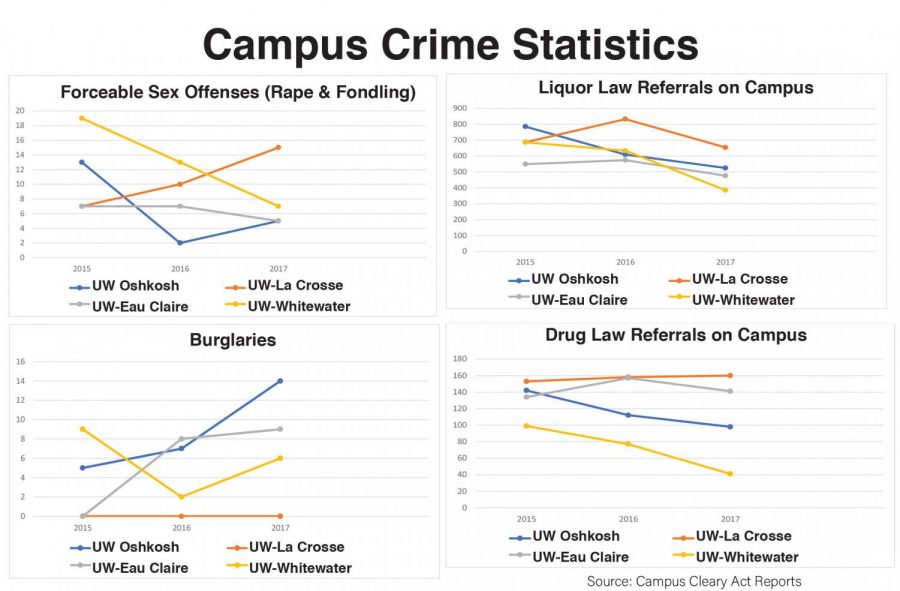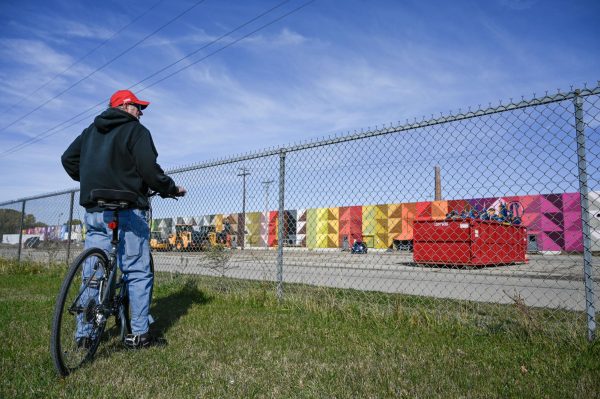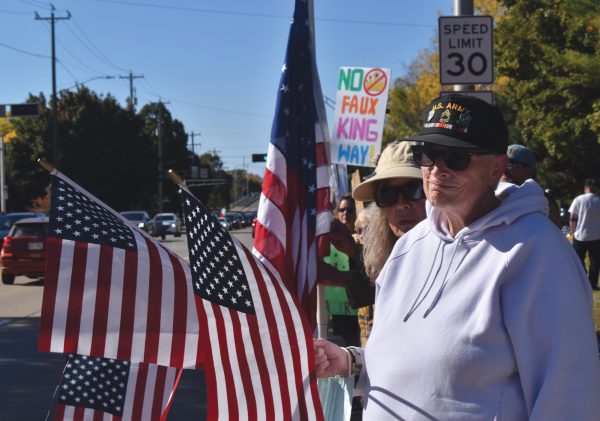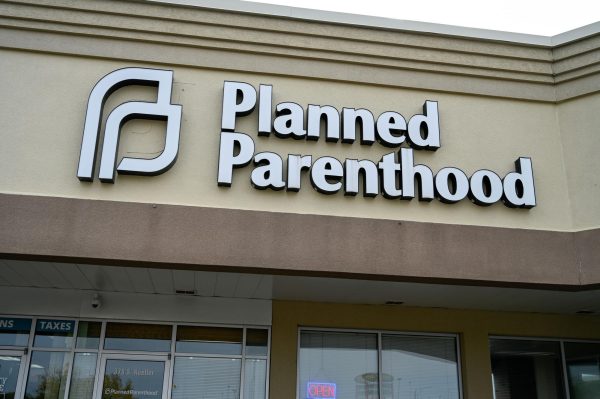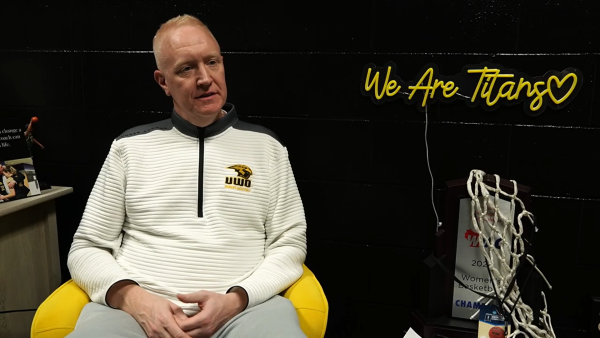Security reports compare burglaries, sex offenses at UW schools
This graphic compares the rape and fondling statistics, drug use statistics, alcohol use statistics and robbery statistics between four different UW schools.
UW Oshkosh had more burglaries than three other UW campuses similar in size in 2017, while UW-La Crosse had the most forceable sex offenses of the four campuses, police department statistics show.
All colleges nationwide are required to publish annual security reports since the Clery Act was passed in 1990. The act is named after Jeanne Clery, who was raped and murdered in her dorm room in 1986.
The Advance-Titan compared the reports from UWO, UWL, UW-Whitewater and UW-Eau Claire.
Statistics show that UWO’s burglaries have been on the rise since 2015, when five burglaries were reported. Burglaries increased from seven in 2016 to 14 in 2017, a 64 percent increase in three years.
University Police Chief Kurt Leibold said most burglaries happen as a result of students leaving their doors unlocked, so the campus police department started the “Busted” initiative in 2018 to decrease the number of burglaries. Under the initiative, officers check residence halls for unlocked doors and leave a flyer with tips on how to prevent burglaries in rooms they find unlocked.
“We’ve had quite a reduction in burglaries this year,” Leibold said, adding that they had eight so far in 2018. “We tell [students] this is your home, but it’s not like being home with your family.”
UWL has had no reported cases of burglary since 2015, UWL Police Chief Scott McCullough said, although it has had thefts, they didn’t fall into the definition of burglary. The Clery Act defines burglary as “the unlawful entry of a structure to commit a felony or a theft,” while thefts are from areas of open access.
“Unfortunately, we have a lot of thefts from one thing or another,” McCullough said. “But if it didn’t meet the criteria set forth by the federal government, whether it’s the FBI or the Department of Education, we didn’t count it.”
In another category, UWL reported 15 cases of forceable sex acts, which include rape and groping — three times as many as UWO and UWEC each reported. UWW reported seven cases of forceable sex acts in the same time period.
Leibold said UP and the Women’s Center determined that students are most likely to be victims of sexual assault in the first six weeks of the school year.
“We did a lot of work around that time,” Leibold said. “We really monitored alcohol use, things like that.”
McCullough said the high number of forceable sex acts at UWL were due to improved reporting by sexual assault victims.
“I think it’s a combination of several different things,” he said. “ I think it’s publicity; I think it’s awareness training.” To combat the problem, McCullough said the department is being aggressive in training its student body about safe practices.
UWW Police Chief Matthew Kiederlen said sexual assault statistics can under represent the actual number of sexual assaults on campuses because it’s impossible to know how many sexual assaults go unreported.
“It’s always hard to say if you’re actually having less because you’ve done something effectively or are you having less because people aren’t reporting,” Kiederlen said.
UWO led all four campuses in instances of domestic violence in 2017 with six, while the other three campuses all reported zero.
Leibold said UWO reports violence between roommates as domestic violence, meaning two male roommates could get into a fight and it would be reported.
“Most of the time when we have these assaults happening alcohol or drugs are part of the equation,” Leibold said. “That awareness we’re always working on as well.”
UWW had the most instances of dating violence among the four schools in 2017 with seven, while UWL and UWO each had two, and UWEC reported zero.
Kiederlen said his police department is working to prevent dating violence by asking students to come to them before a relationship gets violent.
“We will act as a third-party discussion board where we’re happy to sit down with the two people involved and try to help them work out the issue they have, or refer [them] to counseling, or any number of different things that we can potentially do with the various services on campus,” Kiederlen said.
Domestic violence is between people living together, while dating violence is between people in a relationship.
UWO Dean of Students Art Munin said UWO has created a new position to deal with dating violence on campus; the official title of the position is sexual and interpersonal violence coordinator.
“This will be the central coordinating person who will organize prevention and education efforts and then also provide support and advocacy to survivors that come forward,” Munin said. “We have funding for this position starting Jan. 1.”
The National Council for Home Safety and Security named UWO the 38th safest college campus in America in 2018, while UWEC was 62nd and UW-Madison was 70th. UWL and UWW did not make the list.
According to the organization’s website, the ranking was created from the most recent data from the FBI’s Uniform Crime Reporting and the Department of Education’s Campus Safety Security Survey. University campuses with a significant lack of reported data were excluded, while the number of law enforcement officers employed by universities also factored in the rankings.
Munin said he’s happy that UWO was ranked so high, but he isn’t content being the 38th safest in the nation.
“I want [UWO] to be the safest campus in this country,” Munin said. “No one slapped hands the day it came out and said ‘OK, we’re done now.’ There’s still more to be done.”


